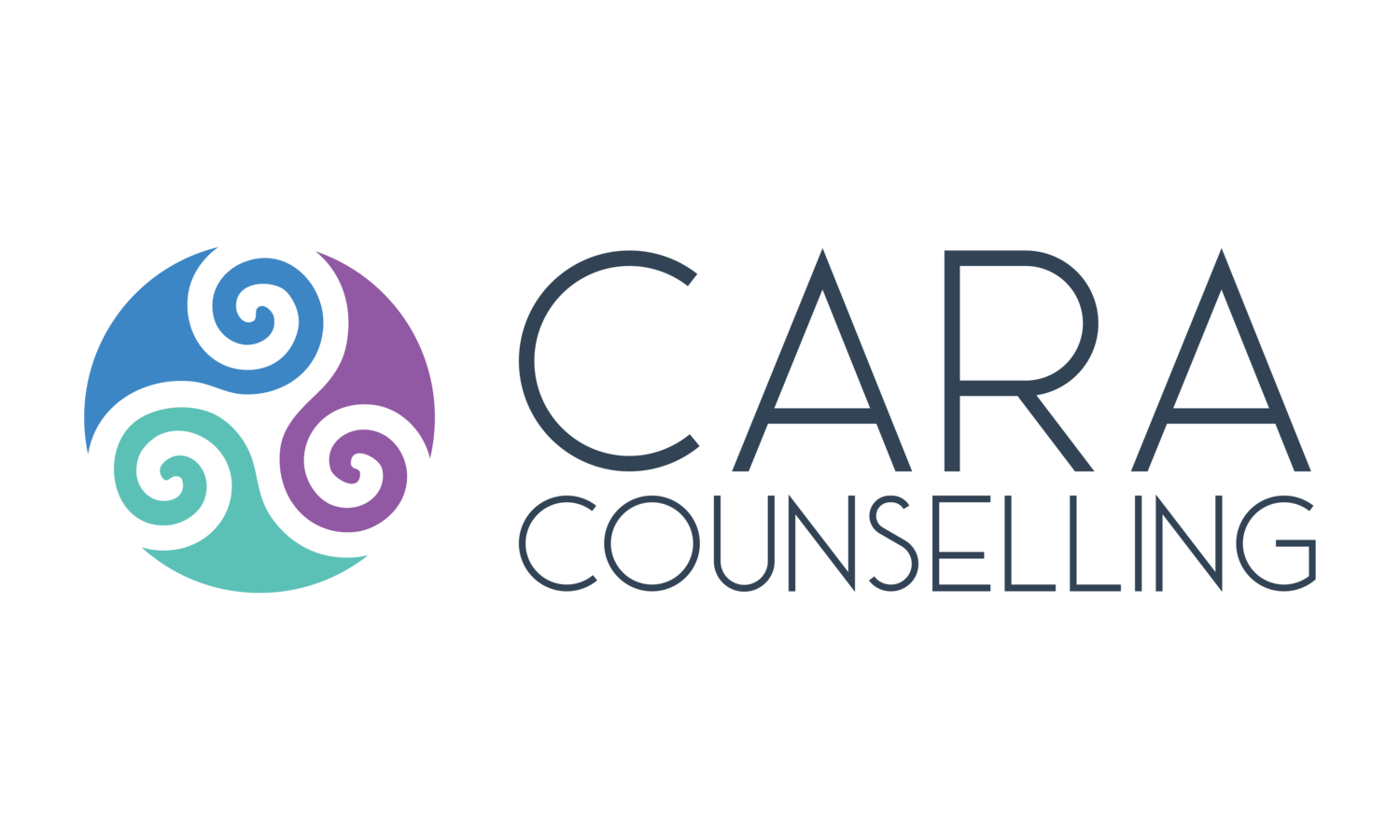A few self-help book recommendations
If you are getting ready for some time off over Xmas, maybe relaxing with a good book is part of the holiday plans. Or perhaps you’re thinking about making some change in the New Year, breaking some bad habits, creating some new habits, or learning some new strategies to cope with stress or anxiety? Maybe there’s a book that could help, and a few recommendations are always handy, plus reading can be a pretty good stress reduction strategy in itself.
I’m not sure if I necessarily like the term ‘self-help’ book; I think there’s a bit of ‘go sort yourself out’ implied that doesn’t sit well with me; plus some of them aren’t actually that helpful! I’ve read a few that I feel could actually be quite demoralising, where the advice is along the lines of ‘just do what I did; it’s easy’, and of course when you are dealing with stress or anxiety, or are feeling depressed, it’s not easy. Remember, we’re all different, and the book that helped your friend or colleague is not necessarily going to suit you. Having said that, there are a few great books that I find myself recommending to a broad range of people so, in no particular order, here are some of my favourites.
Anxiety support, and general life strategies
First up; anything by Russ Harris, and particularly The Confidence Gap. Russ has a background in medicine, as a GP, and is now a well know author and expert in Acceptance and Commitment Therapy (ACT), as well as a therapist and coach. His books are pretty accessible, and I find his openness about his own struggles with anxiety and the examples he shares quite helpful. ACT is an approach I use a lot myself when counselling clients with anxiety, including social anxiety, so his books are great tools to support anxiety treatment.
Think like a monk by Jay Shetty
I love this book! It was recommended by a client and I’m really enjoying it; it’s another one that aligns nicely with the ACT framework which I use, and it’s an easy and engaging read with a nice combo of sharing and suggestions. If you’ve already read a few books with a focus on slowing down, finding your values and purpose etc, you may find this covers a lot of the same ground, however I’m finding it a nice summary of these things, and Jay’s experiences as a monk tie it all together for me.
Another big favourite is Brené Brown; if you’re not familiar with Brené, she became well known through a TED talk in 2013, and is the author of a number of books. If I have to pick just one, it’d be Daring Greatly, which talks about building love, connection and belonging though living a ‘wholehearted’ life. Essentially, it’s about being open and vulnerable, moving past our fear of shame and the need to compete with others, to be our best selves, and happier as a result. Shame and vulnerability apparently aren’t everyone’s favourite topics to read about! But trust me on this one; it’s an interesting and insightful read, and applicable across all areas of life. If you’re particularly interested in some self-help tools to support your career, Daring to Lead is another great read.
If you’d rather watch or listen than read, ‘The Call to Courage’ on Netflix is wonderful and Brené also does the ‘Unlocking us’ and ‘Dare to Lead’ podcasts.
Career advice
The 7 Habits of Highly Effective People – full disclosure – it is years (many years) since I read this book, but there are definitely some bits of it that have stuck with me. For example, many of my clients will have heard me talking about taking the time to ‘sharpen your sword’. It’s an analogy that I’ve come across a few times, but the ‘sharpen your sword’ phrase from Steven Covey’s book is the one that has stuck with me. That phrase is essentially about the power of self-care; taking the down time that you need to be able to be at your best. And the book is a whole is another good one if career support is your focus.
Think like a monk by Jay Shetty
I love this book! It was recommended by a client and I’m really enjoying it; it’s another one that aligns nicely with the ACT framework which I use, and it’s an easy and engaging read with a nice combo of sharing and suggestions. If you’ve already read a few books with a focus on slowing down, finding your values and purpose etc, you may find this covers a lot of the same ground, however I’m finding it a nice summary of these things, and Jay’s experiences as a monk tie it all together for me.
Parenting support
No-Drama Discipline by Daniel J Siegel, MD, and Tina Payne Bryson, PhD.
If you’re after some parenting advice, this is a great resource. Daniel and Tina also wrote The Whole-Brain Child which I read several years ago, and try to put into practice. One of the things I really like about both books is the acknowledgement that no-one is a perfect parent all the time; in fact the reality is that there is no such thing as a ‘perfect’ parent; the aim is good enough parenting. There are examples of both helpful and unhelpful interactions, and summaries to help bring it all together.
Hope these suggestions are helpful; and of course I’ll be happy for feedback, or suggestions of other good reads. Best wishes for Xmas and the New Year, Louise
